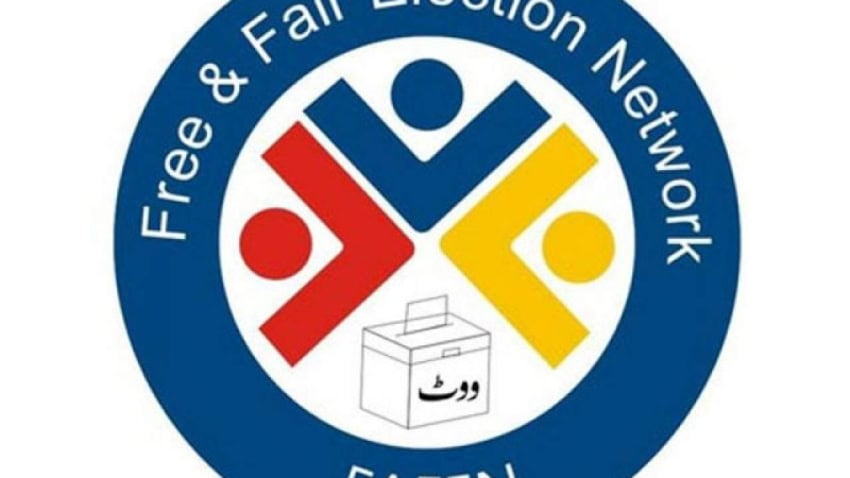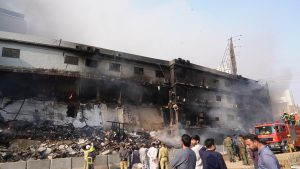ISLAMABAD – Free and Fair Election Network (FAFEN) on Sunday said peaceful, well-managed elections in newly merged districts of former Federally Administered Tribal Areas (FATA) in Khyber Pakhtunkhwa (KP) have marked the completion of the constitutional merger.
According to FAFEN preliminary report on today’s polls in tribal districts, the historical elections in areas remained peaceful and free from any major controversy over the quality of the electoral process.
FAFEN acknowledged the newly merged districts’ polls as a step forward towards the consolidation of democracy in Pakistan and congratulated all stakeholders including Election Commission of Pakistan (ECP), political parties, media, civil society organizations, security agencies and citizens for playing their constitutional and legal roles in ensuring peaceful conduct of these elections.
It said nearly 27.6 percent of the registered voters in seven districts and Frontier Regions (FRs) of the formerly FATA went to the first-ever elections to the KP’s Provincial Assembly (PA) seats, marking the completion of their constitutional merger with the province a year after the passage of the 25th Constitutional Amendment.
The report said FAFEN did not receive any report on the bar on women’s voting. It added that the election followed a competitive election campaign with almost all major political parties vying for a majority of the 16 PA seats.
Supervised directly by ECP officials as District Returning Officers (DROs) and Returning Officers (ROs), the crucial election processes before and on Election Day was largely managed in accordance with the provisions of the Elections Act, 2017 with nearly complete access to all critical electoral processes to independent observers.
It said that the conduct of the polling staff and security officials was observed to generally have remained in line with the provisions of the law and their respective codes.
ECP oversaw the management of this election by deploying 13,223 trained personnel to perform election duties in 16 PAs at 1,896 polling stations with 5,651 polling booths.
In order to preempt any untoward incident on election day, the ECP exercising its powers under Articles 220 and 245 of the Constitution had positioned a three-tier security system deploying over 34,000 personnel of armed forces alongside police and other law enforcement agencies inside and outside polling stations.
As many as 297 candidates including two women contested the elections on general seats, of which nearly three-quarter (213 or 72 percent) were independents and the remaining 84 (28 percent) belonged to 10 political parties.
The ECP had set-up 1,896 polling stations for 2,798,277 registered voters, averaging one polling station for 1,476 voters. A total of 44 polling stations were set up in Hangu and Kohat for the Internally Displaced Voters (IDPs) from PK-110 (Orakzai), and 14 in Bannu for IDPs from PK-112 (North Waziristan-II).
It said that FAFEN deployed a total of 953 trained, non-partisan observers (858 men and 95 women) duly accredited by the ECP to observe the voting process at 1,617 (85 percent of the total) polling stations and counting at half of them.
FAFEN also monitored electronic and social media on election day and established a multi-purpose call centre in Islamabad to gather information from its observers.
As many as 16 trained Long-Term Observers (LTOs) were deployed to observe the election process and the campaign since the announcement of the election program on May 6, 2019.













